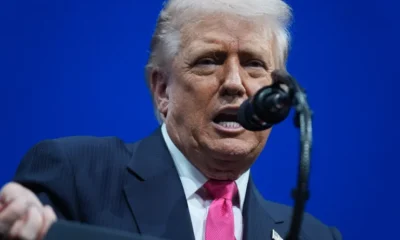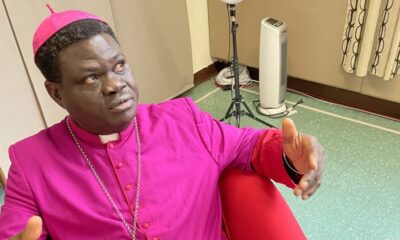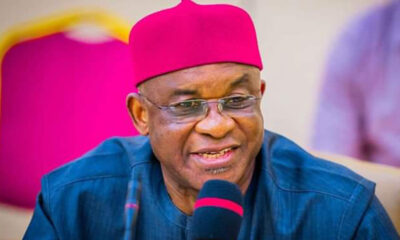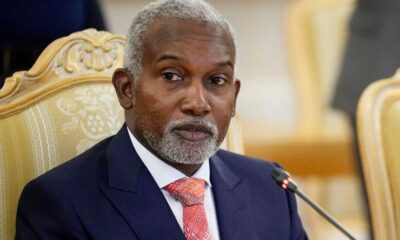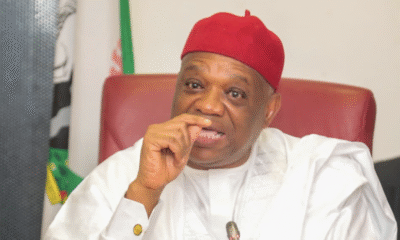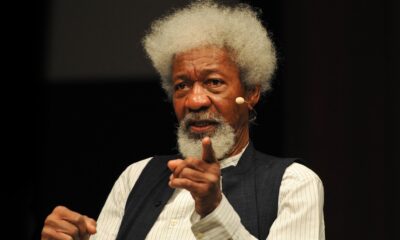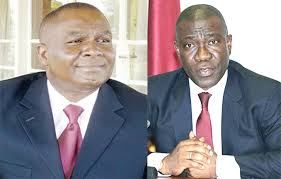Breaking News
PFN, NSCIA Clash Over ‘Christian Genocide’ Claims as Tension Rises
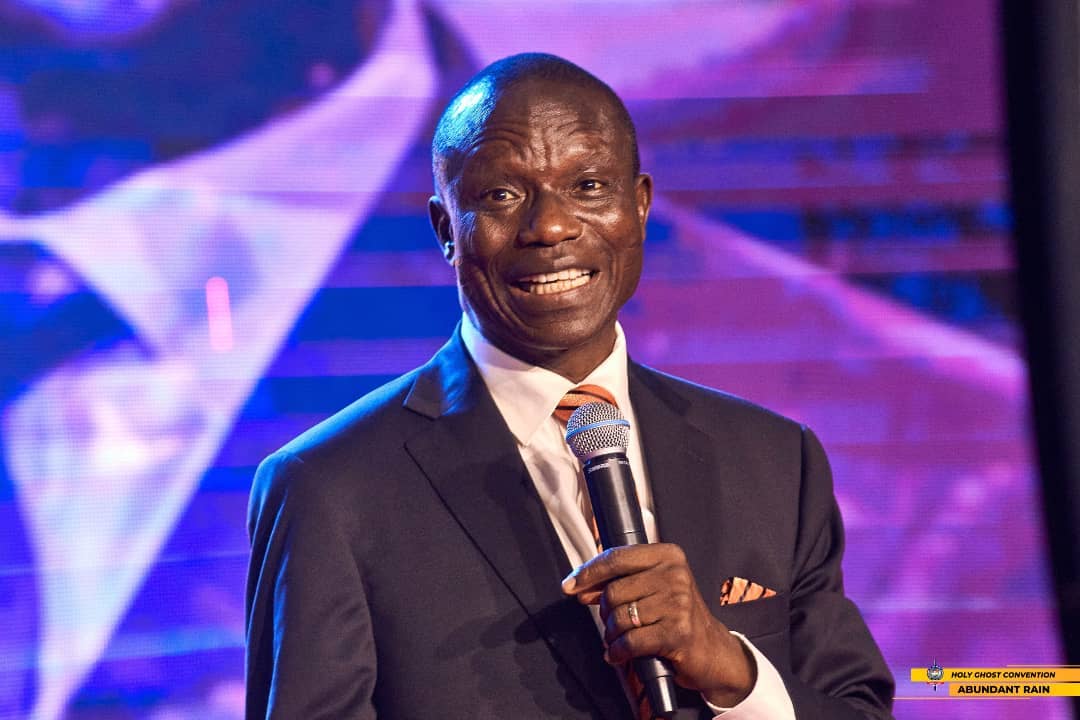
The Pentecostal Fellowship of Nigeria, PFN, has insisted that Christians in Nigeria are facing genocide, describing any denial of that reality as a desecration.
Speaking in Ibadan, PFN President, Bishop Francis Wale Oke, said the scale and persistence of killings in the North could no longer be dismissed as mere security incidents. He argued that what is happening in several Christian communities has reached a point where it “can no longer be debated.”
Oke referenced unresolved tragedies such as the abduction of Leah Sharibu, the missing Chibok girls and recurring attacks in Benue. He added that recent outcries by former United States President Donald Trump reflected what Nigerians on the ground have experienced for years.
Bishop Oke clarified that the PFN was not accusing the Muslim community, noting that Christians and Muslims had lived peacefully for generations. According to him, the violence is being carried out by extremist groups who use religion as a cover.
He said hundreds of churches had been burnt, thousands of Christians killed and many pastors gruesomely murdered. He lamented the growing number of young girls kidnapped from Christian communities and forcibly married off.
Oke stressed that calling the situation anything other than genocide would be an insult to the victims. He maintained that Christian communities had not retaliated against Muslims at any point, even when attacked.
He also cited attacks in Benue, Plateau, Southern Kaduna, Taraba and the massacre in Owo, saying these events formed a pattern that “any honest Nigerian” could recognise. He warned that the patience of the church was being overstretched as violence persisted.
NSCIA Counters PFN, Rejects ‘Christian Genocide’ Label
Meanwhile, the Nigerian Supreme Council for Islamic Affairs, NSCIA, has rejected the PFN’s claims, insisting that Nigeria’s security crisis is not a religious war but a national challenge affecting both Christians and Muslims.
Speaking to journalists in Abuja, the NSCIA Secretary-General, Prof. Ishaq Oloyede, said the council’s position followed an expanded review of recent security and diplomatic events. He argued that describing the violence as “Christian genocide” misrepresented the country’s complex situation.
According to Oloyede, Muslims have also been victims of numerous killings, even though the Council does not publicise such incidents to avoid adding religious colouration to the crisis.
He expressed concern that Donald Trump and some foreign organisations had been misled into labelling Nigeria as a country where Christians are being exterminated. He warned that such statements were dangerous, unfair and capable of worsening tensions.
Oloyede insisted that Nigeria was dealing with issues of terrorism, environmental pressure, poverty and criminality, not a religious conflict. He described the crisis as “a struggle for survival,” not a holy war.
The NSCIA further accused foreign-backed lobbyists and separatist sympathisers abroad of exploiting Nigeria’s insecurity for political and financial gain.
According to Oloyede, these groups regularly circulate exaggerated or fabricated statistics to foreign institutions to push persecution narratives and gain asylum or funding. He said many videos and figures being shared internationally were doctored, insisting that such actions were a betrayal of the country.
The sharp disagreement between the PFN and NSCIA highlights the fragile intersection of religion and insecurity in Nigeria.
While the PFN believes Christian communities have become deliberate targets of systemic violence, the NSCIA maintains that the crisis cuts across religious lines and should not be framed as genocide.
Both bodies, however, agree that Nigeria’s security situation is dire. The debate now centres on how to interpret the violence, and how to prevent the country from sliding deeper into division.

